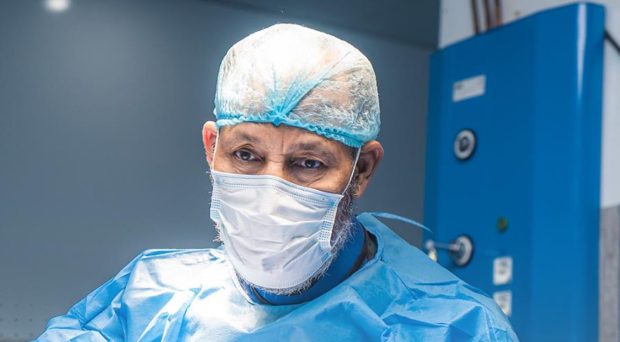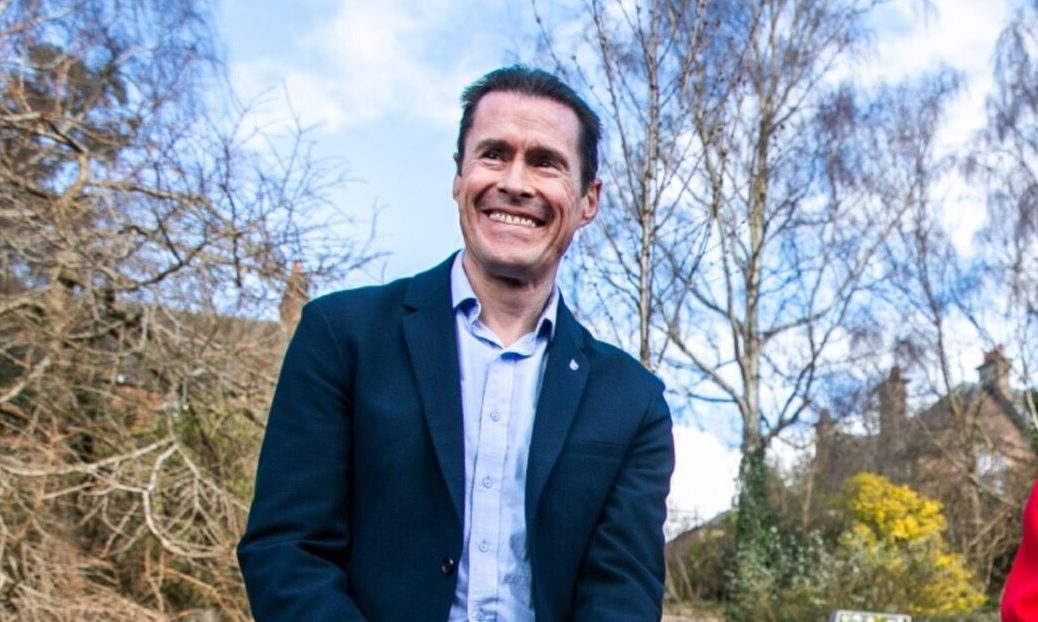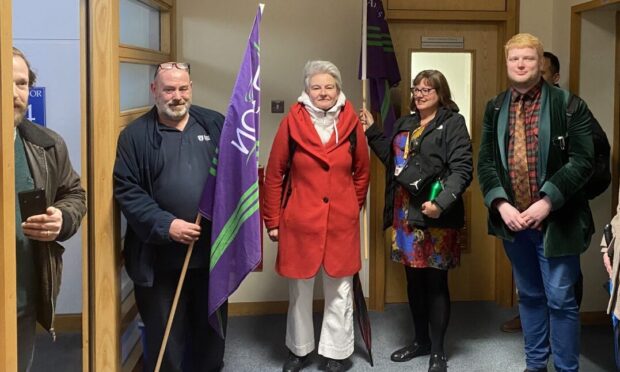Fife and Tayside mental health units recorded the highest number of inpatient stays last year, latest figures have shown.
In both psychiatric and non-psychiatric cases, NHS Fife had a 4.4% increase in the last 12 months, from 2,270 to 2,370.
In the last decade, the rate of inpatient stays in the kingdom’s mental health rates has increased by 34.7%, up from 1,760.
In Tayside, there was a 12.8% increase in stays compared to the previous financial year, with a 15.5% increase in stays recorded in the last decade.
The number of people being readmitted to mental health facilities within 28 days of discharge has dropped in Tayside, from a high of 16.7% in 2015-16 to only 9.7% this last year.
In Fife, 16.4% of mental health patients were re-admitted within 28 days. This was down on the year 2017-18, when the total hit a decade high.
Dundee and Fife recorded below or average decade increases in re-admissions after 28 days.
NHS Tayside did not address the changing figures when asked to comment by The Courier. A spokeswoman said: “Inpatient mental health services in Tayside are provided across a number of wards and sites. As well as general adult psychiatry services, there are centres which specialise in psychiatry of old age for Tayside patients and two specialist regional inpatient centres which admit patients from across the north of Scotland.”
NHS Fife was also asked for comment.
Meanwhile, MSPs have been told young people must be given frequent access to mental health care provision while under detention.
Nick Hobbs, the head of advice and investigations for the Children and Young People’s Commissioner Scotland, made the comments as Holyrood’s justice committee heard evidence on secure care places for children and young people in Scotland.
The committee inquiry follows the deaths of 21-year-old Katie Allan and 16-year-old William Lindsay while they were being detained at HMYOI Polmont last year.
Ms Allan’s parents launched a campaign calling for changes to the way the legal system deals with mental health.
Speaking at the committee on Tuesday, Mr Hobbs said decisions around the detention of young people should consider their experiences and wellbeing.
And he said the Commissioner supported recommendations made by the Chief Inspector of Prisons that children should not be detained at Polmont.
Mr Hobbs said children were defined as under 18 in terms of the United Nations convention on the rights of the child and detention should only restrict their rights to liberty where it is necessary.
“That means that children’s rights to education, to family life, to health care which includes mental health, must not be restricted by a decision to deprive them of their liberty in whatever form that takes,” he said.
He said facilities and services should meet children’s mental health needs in order to ensure their rights to health are properly respected.
“We need to make sure that the process through which children are deprived of their liberty, the decisions that are taken, recognise and understand that these are children who are rights holders who have very often experienced trauma, adverse childhood experiences, who are often struggling with things like mental health,” he added.
“And so the decision making process from the police, from the Reporter, from the children’s hearing, from the sheriff, from the Crown Office – all the way through – must reflect and understand these kind of potentially traumatic experiences that children have undergone.
“And the places where we do detain them, when we do need to detain them, need to make sure that they have appropriate and regular and frequent access to mental health provision.”
He said the Chief Inspector of Prisons’ report raised concerns about access to mental health in Polmont and there was a broader point to be made about children’s access to mental health provision, not just in secure care but across Scotland more generally.
“That’s something we hear regularly and consistently from the children that we work with when we ask them what are the issues they’re most concerned about,” he said. “Mental health frequently comes up.”










